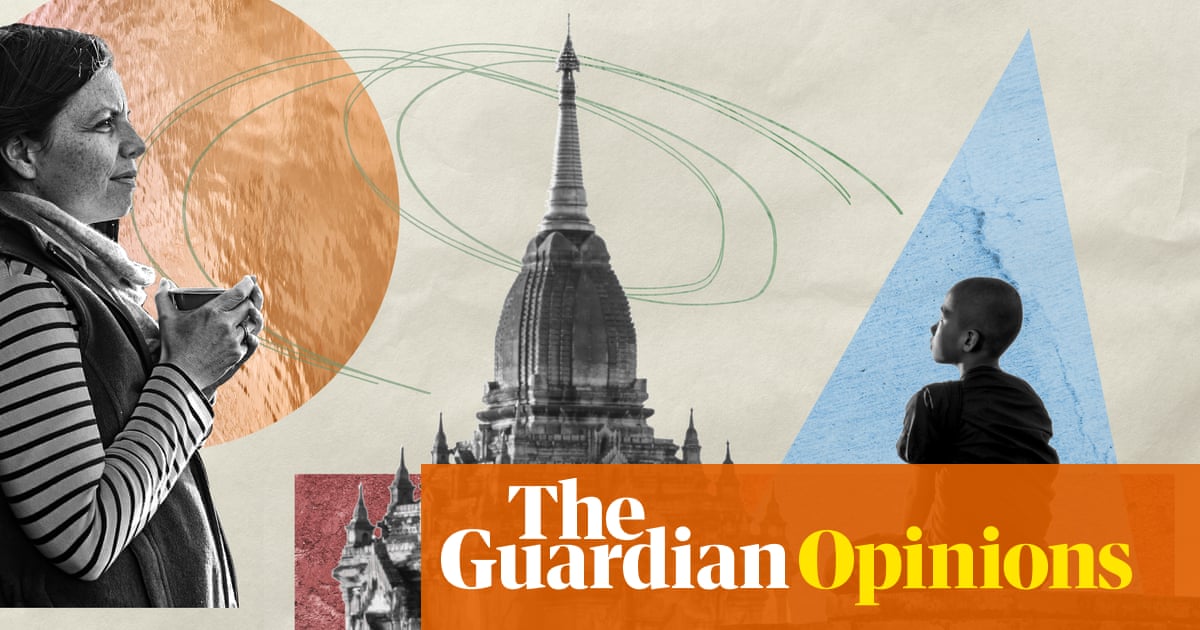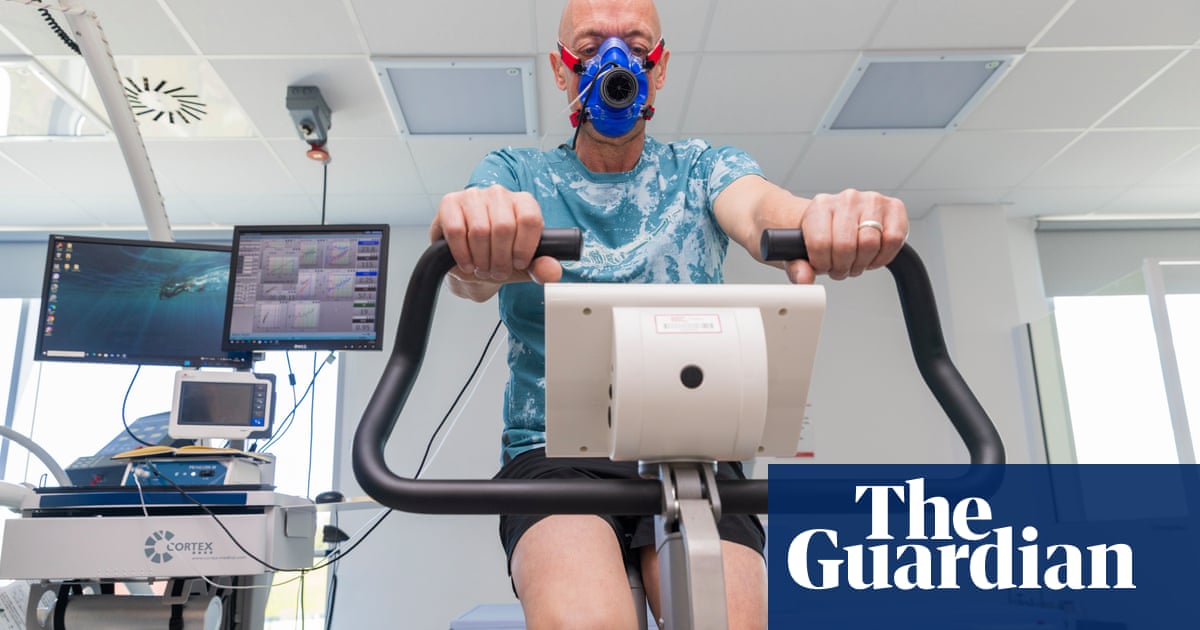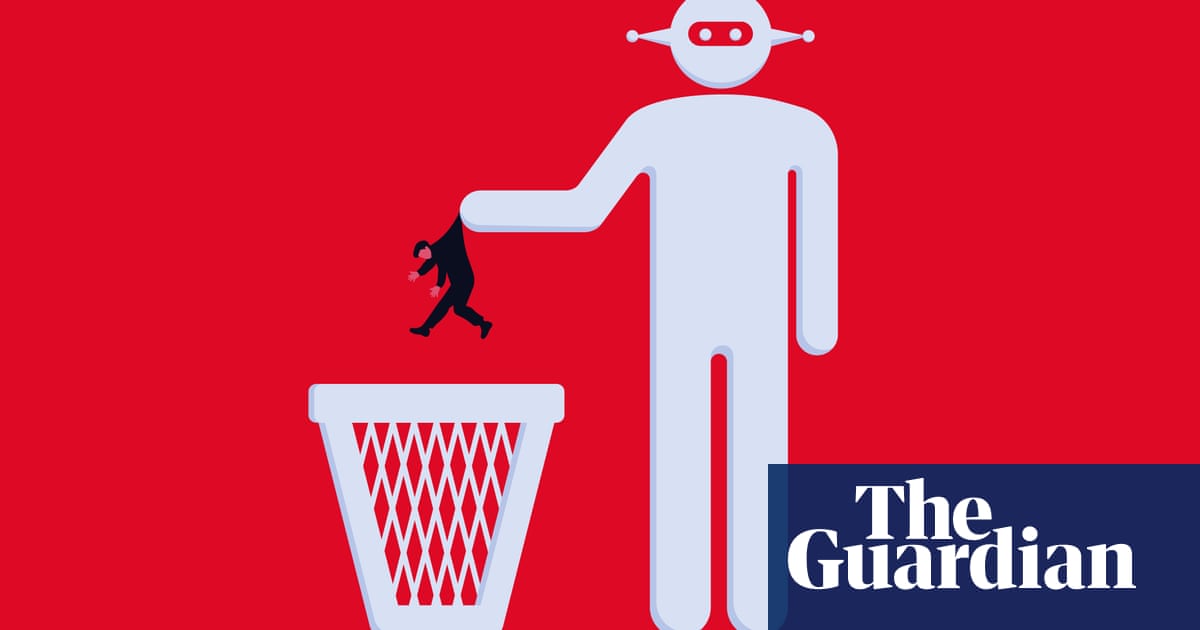
English polymath Francis Galton formulated the concept of eugenics in 1883. Inspired by animal breeding, Galton encouraged people with “desirable” traits to procreate while discouraging or preventing those with “undesirable” traits from doing the same. As social and intellectual qualities were hereditarily “fixed”, he thought some groups were naturally superior. Galton constructed a racial hierarchy, with white Europeans at the top.
Eugenics has since played out in varying, always tragic ways. Attempted genocides and forced sterilization are first to mind, though the 20th century brought about the concept of soft eugenics: non-coercive methods of reducing certain conditions through individual choice and medical advice. Popularized in Nancy Stepan’s 1991 book, The Hour of Eugenics, “soft” eugenics is accomplished by indirect, environmental, and educational interventions while “hard” eugenics is marked by direct biological interventions (such as sterilization). The term has since been expanded in discussions of genetic technologies, prenatal screenings, and physical fitness.
Enter Robert F Kennedy Jr, the US secretary of health, who regularly laments over the “back then” of his youth when he says that diabetes and autism was almost unheard of and obesity rates were far lower. (In his campaign videos he would often do this over vintage footage of white bodies splayed on a beach.) Kennedy champions living harmoniously with nature, free from the burdens of “poisonous” food additives, fertilizers, cooking oils and the most toxic chemistry of all: vaccines.
Kennedy’s myopic emphasis on personal responsibility as the main driver of health means he’s at best indifferent, and at worst welcoming, of the idea that those that don’t heed his counsel might die.
Yet health is never simple. By avoiding discussion of education, employment, social support networks, economic status and geographic location – the social determinants that public health experts agree influence health outcomes – Kennedy, in lockstep with top wellness influencers, is practicing soft eugenics.
He’s not the only member of the Trump administration to do so. The increasing frenzy around immigration seems fueled by the desire to shape the population’s genetic makeup. Musk’s cuts to foreign aid are already leading to increased child mortality and HIV and malaria cases in Africa (the Trump administration’s other main policy engagement with Africa has been offering white South Africans refugee status).
At the heart of all these policies is soft eugenics thinking – the idea that if you take away life-saving healthcare and services from the vulnerable, then you can let nature take its course and only the strong will survive.

Illness only affects the weak
Kennedy’s “Maha” (“make America healthy again”) movement does not advocate for forced sterilizations or mass deaths. Their stance is more of a shrug and sigh than a battle cry. When Kennedy claims that autism is worse than Covid-19 because the latter only kills “old people” and “metabolically healthy” people don’t die from it, or when a Maha associate claims that measles is “an essential rite of passage, immunologically”, you’re hearing the language of soft eugenics. Don’t let vaccines protect everyone, instead let the infirm and weak be culled so that the strong will survive and perpetuate.
How can we get healthier without healthcare? Kennedy repeatedly puts the onus of disease on diet and lifestyle while minimizing the role of social services and doctors. He claimed that by removing chemicals from food, “our nation would get healthy immediately,” and floated the idea of using money spent on Ozempic to provide “a gym membership for every obese American.” In his mind, the unwell are the reason we’re in such dire shape–not the system that keeps the unwell from receiving access to healthy food and medical care.
While true that a nutritionally sound diet and regular exercise are important factors, Kennedy is not just adding emphasis on personal rather than public responses to health issues, he’s decimating public options. The $2.6tn agency Kennedy oversees recently fired a quarter of its workforce and shuttered entire departments tasked to address the multivariate environmental and social factors that contribute to well-being.
His handling of the worst measles outbreak in generations offers an example of his soft eugenics thinking. He falsely stated the measles vaccine “wanes very quickly”, leads to “death every year” and has not undergone thorough safety evaluations. He also says it’s “very difficult” for a healthy person to die from measles while praising doctors treating children infected with measles with vitamin A. He’s continued to do so even as a small number of child patients have begun to show up at Texas hospitals suffering from vitamin A toxicity, the result of overuse of the vitamin, probably due to receiving misinformation about its effectiveness.
Thanks to declining vaccination rates, measles (along with rubella and polio) could soon be endemic. Things now seem so dire that Kennedy performed an apparent U-turn, writing that “the most effective way to prevent the spread of measles is the MMR vaccine”, but he’s since undermined that stance. This week he falsely claimed the vaccine contains “aborted fetus debris”.
Then there’s autism, a neurodevelopmental condition that’s been studied for over a century. Experts believe increased prevalence is due to expanded diagnostic criteria, improved awareness, and better case identification. More than 250 genes have been strongly linked to autism spectrum disorder. Yet during a recent press conference, Kennedy wrongly called autism a “preventable disease”, labeled it an epidemic like measles, and accused experts of being in “epidemic denial”. He then said: “Genes do not cause epidemics; it can provide a vulnerability, but you need an environmental toxin.”
This language squares with the longstanding belief that thimerasol, an organic compound used as a preservative in some vaccines, causes autism, even though the preservative was largely removed from vaccines in 1999 – and even then the link was unproven. Yet Kennedy appears hellbent on linking the two: he’s placed known anti-vaxxer David Geier in charge of “researching” a connection that will apparently be “discovered” by September. In 2011, Geier was disciplined for practicing medicine without a license after injecting autistic children with puberty-blocking drugs.
During his speech, Kennedy cited non-verbal children – roughly a quarter of the autism demographic – as evidence of an epidemic. By repeatedly calling autism a disease and promising to “eliminate those exposures” that supposedly cause it, he’s suggesting a variation in brain function is an impurity to be eradicated from the gene pool. His belief that autism wasn’t around when he was young is also misguided. At the time it was a subtype of schizophrenia–autism didn’t become its own diagnosis until 1980.
Fabricated rhetoric that favored Kennedy in contrarian wellness spaces is falling flat as he heads the nation’s public health apparatus. Tragically, he’s not the only person in the administration pushing soft eugenics.

Make ‘smart’ people have more children
Blaming the weak for their own sickness is one half of the coin of soft eugenics. The other is encouraging the perceived strong to procreate more, which brings us to Elon Musk. Musk frequently invokes IQ, a flawed and long-debated measure of intelligence. His fever dream of a crumbling civilization can only be salvaged when “smart” people pump out more babies. What constitutes a smart person, he doesn’t make explicit, though in tech-natalist circles they usually mirror the entrepreneurs declaring the mandate. To that end, Musk has personalized his advocacy for pronatalism by challenging himself to help “seed the earth with more human beings of high intelligence”.
A proper pronatalism program might echo Hungarian prime minister Viktor Orbán’s recent declaration that women with two more children will never have to pay income tax again. Yet the Trump administration is focused on taking away social services even while declaring the need for more “seeding”. Trump’s proposed $5,000 “baby bonus” isn’t much of an incentive when the average cost of giving birth is $18,865.
Musk’s strange focus on babymaking ignores the complex socioeconomic, cultural and gender equity factors that contribute to declining fertility. If he truly cared about increasing childbirths, he wouldn’t take a chainsaw to USAID, indiscriminately cutting off essential services in troubled regions. Those cuts have already caused childhood deaths in war-torn Khartoum, where over 300 soup kitchens were closed due to the shuttering of Emergency Response Rooms.
Musk’s pet project, the “department of government efficency” (Doge), cut 86% of USAID funding linked to Maternal and Child Health (MCH) Programs, causing 16.8 million pregnant women to lose access to services and 11.3 million newborns to post-natal care. Funding for childhood vaccines is also gone, increasing the risk of death from measles, polio, and diphtheria. Musk’s unofficial organization slashed budgets for the treatment of pneumonia and diarrhea for 14.8 million children, two leading causes of death in those under age five. There’s been major disruptions in HIV, tuberculosis, and malaria programs – significant causes of child mortality in low-income countries. An estimated 25 million people could die in the next 15 years thanks to Doge. Such carnage only makes sense if you don’t consider those lives worth living.
Kennedy and Musk are aligned on this issue. Beyond all those chronic diseases food dyes are supposedly responsible for, Kennedy also blames color additives for declining sperm counts. Such bro-podcast pseudoscience fails from a policy perspective. Instead of aiding already-born children, the administration is cutting funding for Head Start, a program that provides early education services for more than 800,000 families. HHS grants that fund day care, counseling, and disability services for children are also on the chopping block. This fits the longstanding anti-abortion stance: ensure babies are born, then immediately stop caring about them by cutting off all social services.
Despite relative geographic isolation, America isn’t immune to global outbreaks. Experts predict the consequences of cuts to international aid will inevitably find us. When they do, they’re going to impact the most vulnerable Americans, including senior citizens, people with disabilities, low-income residents, people living with chronic diseases and HIV, and those relying on public health programs. This again makes us wonder whose lives Musk and Kennedy value.

Public healthcare is too kind
Kennedy often compares America’s health outcomes with other countries. Yet he never mentions that those countries all offer socialized medicine. When pressed on the topic during his confirmation hearings, Kennedy told Bernie Sanders universal healthcare isn’t fair.
Kennedy cites the example of smokers. Should longtime smokers deserve the same benefits as someone who exercises and eats organic? No, Kennedy says. Rules matter. Right now, the CDC sends billions of dollars to states every year for tobacco prevention efforts in an attempt to get to the root cause of smoking, which is strongly linked to social determinants. Kennedy isn’t enthused by these kinds of approaches. He prefers the bootstraps mentality, a core component of Reaganomics propaganda: individual health is a personal responsibility. If you can’t manage it, you shouldn’t receive the same benefits as those who can. Kennedy advisor and former Heritage Foundation intern, Calley Means, claims that giving people more access to health care is only fueling a broken system.
Yet public health officials recommend universal healthcare to improve health outcomes, especially in marginalized communities. Herein lies the wellness sleight of hand: Maha activists weaponize data about poor health outcomes, which predominantly affect lower income and minority communities, in order to preach personal responsibility (and often to sell unproven solutions like supplements that only affluent populations can afford).
In this sense, Maha perfectly mimics Maga’s deregulatory ethos: cut social services for vulnerable populations while parroting populist language that further helps consolidate power for the most well-off. The 19th-century fantasy of a privileged race is alive and well in Kennedy’s yearning for the America of his youth, enabled by the circle of wellness influencers and contrarian doctors similarly hypnotized by a romanticized past that never existed.
In his book Control: The Dark History and Troubling Present of Eugenics, geneticist Adam Rutehrford writes: “The adoration of the classical world, and the constant lamentation for its demise, runs through the eugenics movement like a seam.” Kennedy’s vision for a healthy America is akin to the mythical Camelot that has consumed his family’s imagination for generations. Only his version is a wellness farm where everyone has access to kettlebells and free-range meat. If you find yourself outside of the walled garden, good luck crossing the moat.

 4 hours ago
5
4 hours ago
5













































